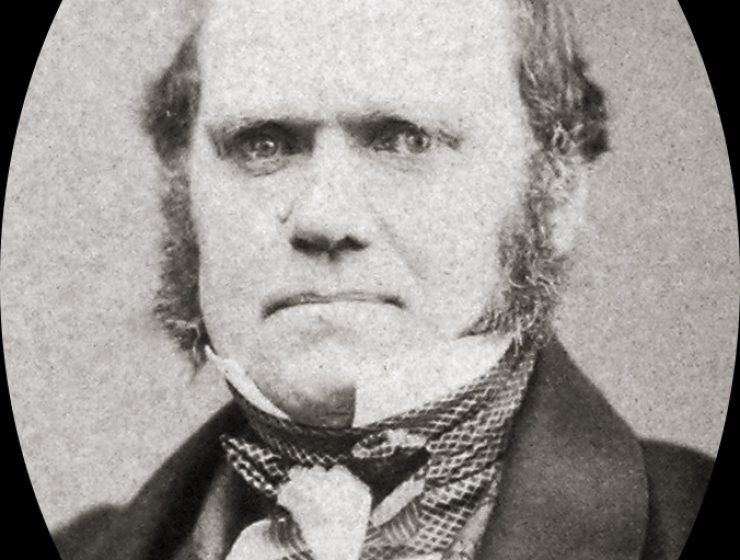
Clearly, our conception of the world and our place in it is, at the beginning of the 21st century, drastically different from the zeitgeist at the beginning of the 19th century. But no consensus exists as to the source of this revolutionary change. Karl Marx is often mentioned; Sigmund Freud has been in and out of favor; Albert Einstein’s biographer Abraham Pais made the exuberant claim that Einstein’s theories “have profoundly changed the way modern men and women think about the phenomena of inanimate nature.”
No sooner had Pais said this, though, than he recognized the exaggeration. “It would actually be better to say ‘modern scientists’ than ‘modern men and women,’” he wrote, because one needs schooling in the physicist’s style of thought and mathematical techniques to appreciate Einstein’s contributions in their fullness. Indeed, this limitation is true for all the extraordinary theories of modern physics, which have had little impact on the way the average person apprehends the world.
The situation differs dramatically with regard to concepts in biology. Many biological ideas proposed during the past 150 years stood in stark conflict with what everybody assumed to be true. The acceptance of these ideas required an ideological revolution. And no biologist has been responsible for more—and for more drastic—modifications of the average person’s worldview than Charles Darwin.










































